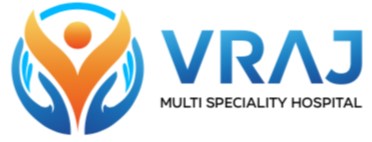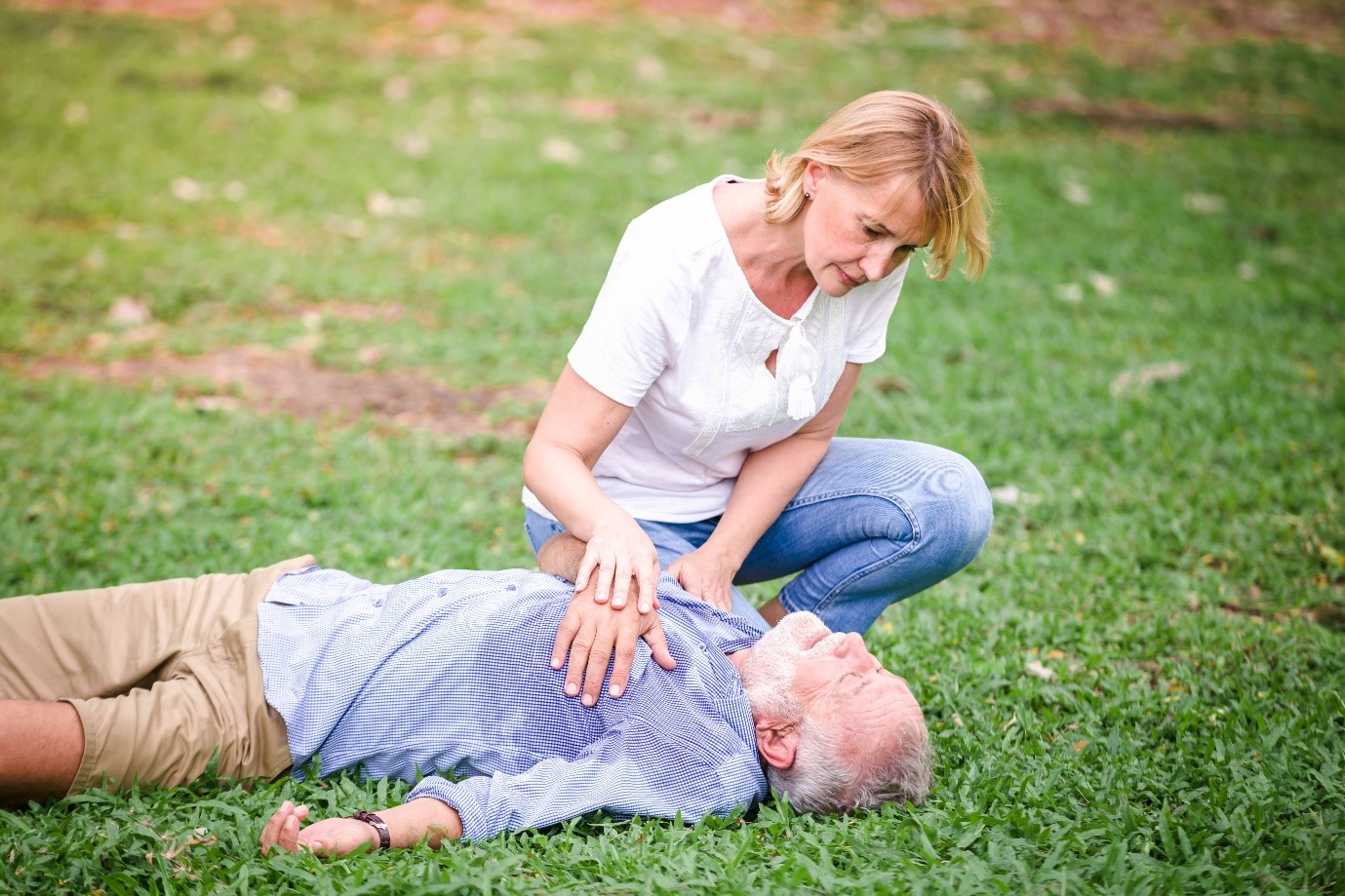What is Cardiac Arrest?
Cardiac arrest occurs when the heart suddenly stops beating or beats irregularly, disrupting its ability to pump blood to the body. Without prompt treatment, this can result in death within minutes. Unlike a heart attack, which occurs due to blocked blood flow, cardiac arrest is caused by electrical malfunctions in the heart’s rhythm.
Key Features of Cardiac Arrest:
- It happens abruptly and often without warning.
- The heart ceases to pump blood, depriving vital organs of oxygen.
- It can occur in people with or without prior heart disease.
Common Symptoms:
- Sudden loss of consciousness (fainting)
- No pulse or breathing
- Heart palpitations
- Dizziness or lightheadedness
- Weakness
In some cases, individuals may experience warning signs like chest pain, nausea, vomiting, or shortness of breath before collapsing. However, many cases of sudden cardiac arrest occur without any prior symptoms.
Causes of Cardiac Arrest:
The primary cause is abnormal heart rhythms (arrhythmias), particularly ventricular fibrillation (v-fib). This chaotic electrical activity in the heart’s ventricles disrupts normal blood flow. Other triggers include:
- Heart attack or coronary artery disease
- Cardiomyopathy (diseased heart muscle)
- Drug use, including recreational drugs like cocaine
- Severe trauma or infection
- Congenital heart defects
Risk factors include family history, obesity, diabetes, heart valve disease, and certain genetic conditions like long QT syndrome.
How is Cardiac Arrest Diagnosed?
Because cardiac arrest occurs suddenly, it is usually diagnosed based on symptoms and emergency signs such as:
- Unconsciousness
- Absence of pulse
- No breathing
In emergency settings, quick diagnosis is essential for initiating life-saving measures. After stabilization, doctors may perform tests to determine the underlying cause:
Diagnostic Tools:
- Electrocardiogram (ECG): Detects electrical abnormalities in the heart.
- Heart MRI or Echocardiogram: Identifies structural issues or damage.
- Blood Tests: Checks for electrolyte imbalances, infections, or other contributing factors.
- Cardiac Catheterization: Evaluates blood flow and blockages in coronary arteries.
- Electrophysiology Study: Examines the heart’s electrical system for arrhythmias.
Early identification of risks through genetic testing or family screening can help prevent cardiac arrest in high-risk individuals.
How is Cardiac Arrest Treated?
Immediate treatment is crucial to survival. Without intervention, brain damage can occur within five minutes, and death may follow shortly after. Survival rates increase significantly with timely CPR and defibrillation.
Emergency Steps for Witnesses:
- Call Emergency Services: Dial 911 (or your local emergency number) immediately.
- Perform CPR: If trained, perform chest compressions to circulate blood and oxygen. Hands-only CPR is effective in emergencies.
- Use an AED: If an automated external defibrillator (AED) is available, use it to deliver a shock to restore normal heart rhythm.
Medical Interventions:
- Defibrillation: Emergency responders use paddles or an AED to deliver electrical shocks and reset the heart’s rhythm.
- Antiarrhythmic Medications: Administered via IV to stabilize the heart’s electrical activity.
- Hospital Care: Once stabilized, patients may require intensive monitoring, treatment for underlying causes, or further interventions such as implanting an ICD (implantable cardioverter defibrillator).
Complications of Treatment:
- CPR can cause chest injuries like broken ribs or a sternum fracture.
- Defibrillation may result in mild burns or discomfort.
Despite these risks, prompt treatment can save lives and improve recovery outcomes.
Can Cardiac Arrest Be Prevented?
Yes, prevention is possible by addressing risk factors and managing underlying heart conditions. Lifestyle modifications and medical treatments can significantly lower the risk of cardiac arrest.
Prevention Strategies:
- Lifestyle Changes:
- Avoid tobacco products and excessive alcohol.
- Maintain a healthy diet rich in fruits, vegetables, and whole grains.
- Exercise regularly to promote cardiovascular health.
- Manage stress through mindfulness or relaxation techniques.
- Medical Management:
- Control conditions like high blood pressure, diabetes, and high cholesterol.
- Take prescribed medications, such as beta-blockers, to regulate heart rhythm.
- Family Screening and Genetic Counseling:
- If arrhythmias or cardiac arrest run in your family, consult a specialist for genetic testing and preventive care.
Preventive Treatments for High-Risk Individuals:
- Implantable Cardioverter Defibrillator (ICD): A device that detects and corrects abnormal heart rhythms.
- Surgical Interventions: Procedures like coronary artery bypass grafting (CABG) or angioplasty to improve blood flow.
What is the Outlook for Cardiac Arrest Survivors?
Survival rates depend on how quickly treatment is administered. Early CPR and defibrillation significantly improve outcomes, but long-term recovery may involve challenges.
Survival Statistics:
- About 11% of people who experience cardiac arrest outside hospitals survive with emergency treatment.
- The survival rate is higher (26%) for those who experience cardiac arrest inside hospitals.
Challenges in Recovery:
- Many survivors face complications like brain damage due to oxygen deprivation.
- Cognitive issues such as memory loss, difficulty concentrating, or speech disorders are common.
- Survivors may experience physical limitations, fatigue, or movement disorders.
Rehabilitation: A structured rehabilitation program can help survivors regain essential skills and improve quality of life. This includes:
- Physical therapy to restore movement and strength.
- Speech therapy for communication challenges.
- Psychological support to address anxiety, depression, or PTSD.
Ongoing Care: Regular follow-ups with healthcare providers are crucial for monitoring heart health and preventing future episodes. Medications, lifestyle changes, and preventive measures like ICDs can help maintain a stable condition.
Act Now: Protect Your Heart at Vraj Multispeciality Hospital
At Vraj Multispeciality Hospital, our team of expert cardiologists is dedicated to providing comprehensive care for cardiac emergencies and preventive heart health. Whether you need advanced diagnostics, life-saving interventions, or personalized advice on reducing your risk, we are here to support you.
Don’t wait to prioritize your heart health. Contact Vraj Multispeciality Hospital today for expert care and life-saving solutions.

